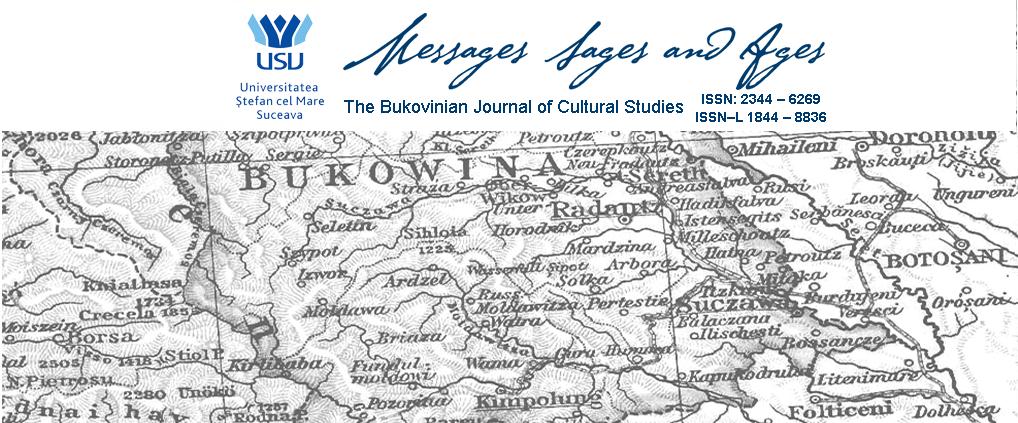A thorough checking of the data provided by three etymological dictionaries, namely Georgiev et al. 1971 (s.v. gospod), Vasmer 1986 (s.v. gospod) and Derksen 2008 (s.v. *gospod), would be enough to raise serious doubts about the application of the label “inherited” to *gospod and its large Slavic family. Vasmer (1986, s.v. Russian gospod ‘the Lord, God’), states that the putative origin of the Russian word under discussion is a Proto-Slavic compound *gost pod; but it is also Vasmer who mentions that some outstanding linguists (including Antoine Meillet) objected to the mainstream etymological interpretation of gospod’. More recently, Derksen has stated that there is “no convincing explanation” for at least one element of the Proto-Slavic reconstruction *gospod. By starting from such doubts and uncertainties, the authors of the present article will propound an etymology according to which *gospod and its derivatives – to be found in Slavic languages as well as in Romanian – actually reflect a very early borrowing of the Old Germanic compound which is still visible in English godspeed.
Adrian Poruciuc, Norbert Poruciuc
Authors
Prof. Emeritus Adrian Poruciuc teaches linguistics to students of the Faculty of Letters and he is a supervisor of doctoral students of the Faculty of History at the Alexandru Ioan Cuza University of Iaşi. His main interests are in the Indo-European domain, in glottogenetics and in archaeomythology.
Dr. Norbert Poruciuc is a lecturer at the English Department of the Alexandru Ioan Cuza University of Iaşi. He teaches history of English and translation methodology.
